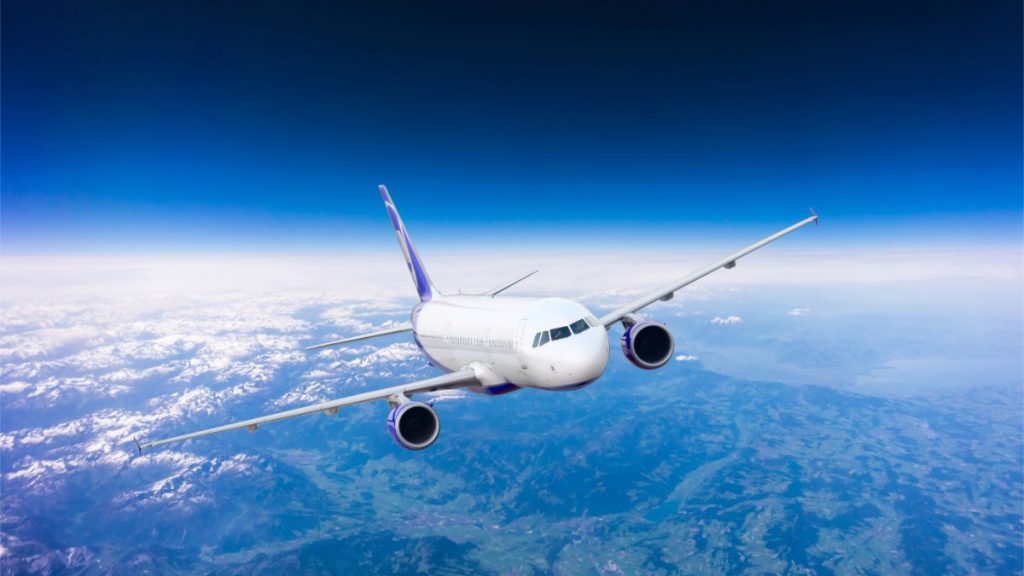Ensure consistency within your teams and adopt the aviation approach
Airline crew are known for high standards of customer service delivery and customer care. Crews from day one are trained in all aspects of safety and service with the emphasis on building relationships with customers. Of course not all airlines are as focused. However those that are, are usually our preferred choice of carrier. Having flown as cabin crew for many years I’d like to share with you how standards are consistently maintained.
Recruiting the Right People with the Right Attitude – Cabin crew are often part of the recruitment team. My role as Crew Recruiter was to make people feel relaxed so their true personalities would shine through. We observed and assessed individuals on their verbal and non verbal communication skills. We would also “imagine” working alongside them: our gut feeling often played a part. To give you an example: A guy arrived one day in a pair of ripped jeans despite being advised “smart appearance”. I overheard him saying to others that the job was easy and a “doddle”. I watched him leave the room so I followed him. I found him outside smoking despite being advised earlier smoking was not permitted. I asked him why he was smoking; he laughed and said ”because I can”. Needless to say he wasn’t successful.
Quality Training – Crew go through between 4 – 6 weeks of initial training and training continues throughout their flying career in the form of annual refreshers and further training courses such as Customer Service, Sales Awareness and First Line Supervisory Skills. During induction crews are given various Training Manuals and it is their responsibility to digest the contents as they will be asked questions during pre-flight briefings.
Supernumerary Flight – After completion of initial training crews have at least 1 supernumerary flight where they “buddy up” with another crew member. This is their opportunity to have a practice before their 1st operational flight.
Verbal & Written Assessments – Crews are regularly assessed on their performance by a senior crew member on board. The observed feedback is documented on an Assessment Form. Development areas are discussed as soon after the event as possible (out of view and ear shot of customers and crew) to ensure maximum impact and the opportunity to rectify if necessary. The remainder of the feedback is then delivered confidentially once back at base and kept on file.
Continual Communication – Important changes to service/standards etc are placed on the company intranet and in a designated file for all to read and sign before commencing flying duties. Other forms of communication are available via drop files, briefings, team meetings and so on. 1:1 performance reviews are conducted regularly between the crew member and their manager with action plans continually reviewed. In some airlines senior crew members are given a “team” of cabin crew to look after and it is their responsibility to regularly communicate with each crew member and give guidance, advice and support where needed.
The key is consistency and having the necessary standards and procedures in place so everyone knows exactly what is expected of them and why. Effective training, coaching and guiding on a continual basis is imperative in order to maintain standards.
Businesses that have necessary standards and training in place are more effective in Customer Service Delivery which, without a doubt, results in improved customer loyalty and increased profit.

